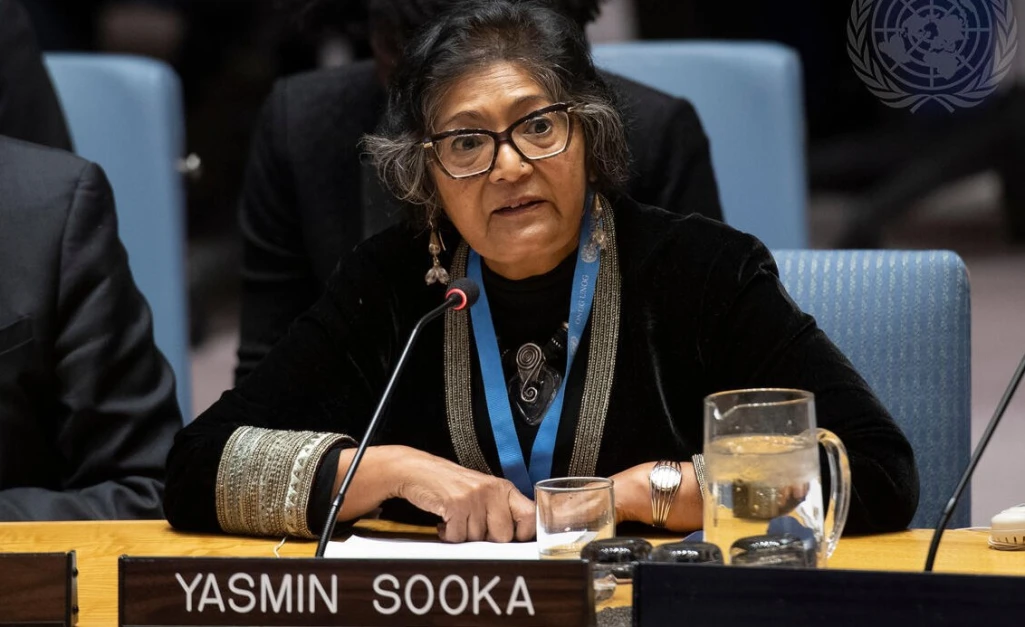
The UN Commission on Human Rights in South Sudan is calling on the government of South Sudan to implement the transitional justice chapter of the peace agreement in order to curb incidents of violence.
Nicholas Haysom said violence are characterized by cattle raiding, abductions, revenge killings, and continuous fighting between armed groups in Upper Nile and Unity states.
He also mentioned that “incidents of conflict-related sexual violence are increasing, but it could be effectively addressed if all concerned parties and relevant authorities put a stop to the use of sexual violence as a weapon of choice.”
In a press statement on Monday, the UN Commission on Human Rights in South Sudan said the violence could be tamed by enacting bodies charged with transitional justice as per the 2018 revitalized peace deal.
It emphasized on the establishment of institutions such as; the Commission for the Truth, Reconciliation and Healing, an independent hybrid judicial body – known as the Hybrid Court for South Sudan, and the Compensation and Reparation Commission.
“Survivors in South Sudan, particularly those of repeated incidents of sexual violence, tell us again and again that criminal accountability is the only way to guarantee their safety and peace for the country,” said Andrew Clapham, a member of the commission.
“That’s why setting up the Hybrid Court is non-negotiable.”
Chapter 5 of the 2018 revitalized peace agreement calls for the initiation of legislation for the establishment of the transitional justice institutions.
The justice mechanisms shall independently promote the common objective of facilitating truth, reconciliation and healing, compensation and reparation in South Sudan.
“Without these steps, we are likely to see millions more South Sudanese displaced or crossing borders, creating havoc for neighbouring countries and aid agencies,” said Yasmin Sooka, Chairperson of the Commission.
Reverend James Ninrew said some people believe the commission seeks to target some individuals.
But the UN Commission on Human Rights believes it is the government’s responsibility to strengthen the role of transitional justice bodies in order to achieve its objectives as envisioned by the agreement.
“You cannot exclude large numbers of people who have suffered from having a say in the future justice system, nor can you cherry-pick between the different transitional justice bodies – they all have to work together to bring closure to the people of South Sudan,” said Barney Afako, a member of the commission.
“In the meantime, the government must make available interim reparations to survivors whose lives are shattered,” Afako added.